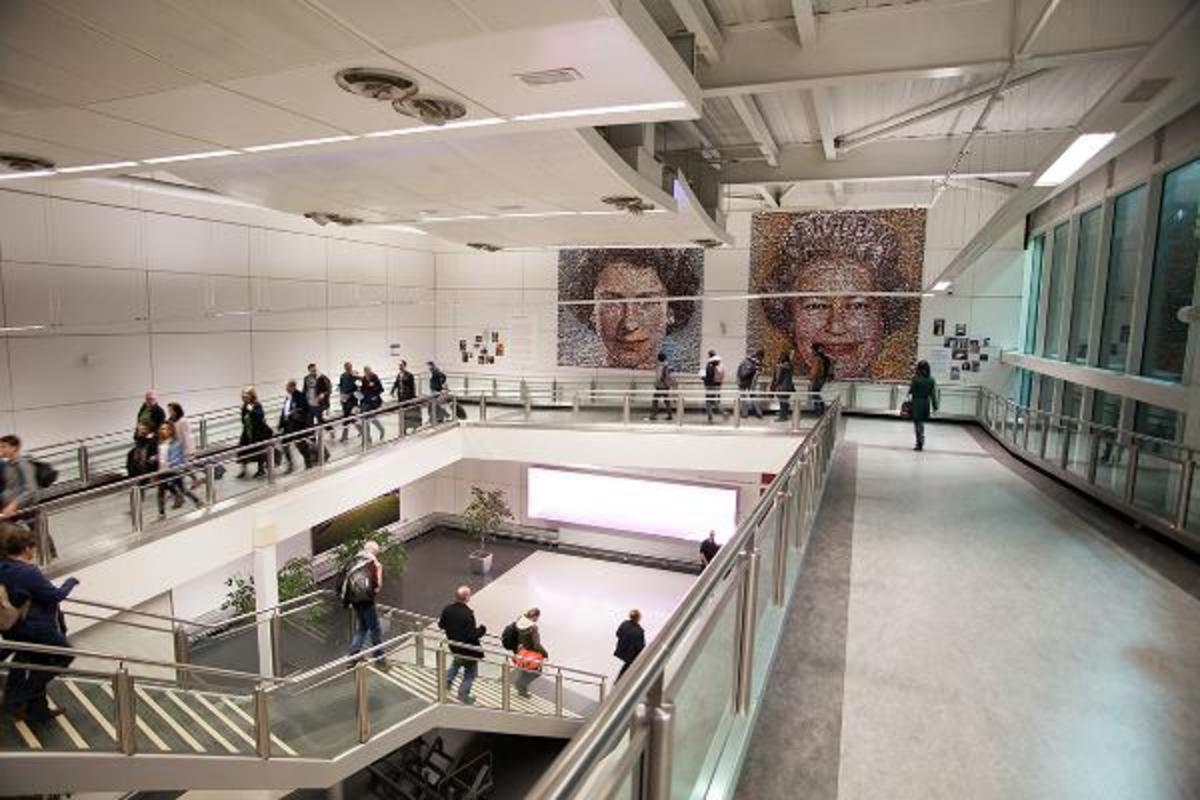
Sorry to bring this up, but do you remember Covid-19?
That was the infectious disease that put just about the entire planet under locked down back in 2020 and caused the deaths of nearly 7 million deaths worldwide, according to the World Health Organization.
DON'T MISS: Sam Bankman-Fried: Everything to know about the disgraced investor before his trial
Businesses shutdown, travel was halted, people were required to wear masks and some states instituted vaccine mandates.
Covid also sparked a firestorm of controversy regarding masks, vaccines, and, in some cases, its very existence.
The number of infections eventually started to come down and people began getting back to their normal routines.
However, Covid infections are starting to rise again.
A random Google search found warnings about increasing infections from health officials in Massachusetts, as well as Quebec, and the Sheriff of the Cumberland County Jail in Portland, Maine, who said 17 inmates have tested positive for the respiratory virus, following a summer in which infections had waned.
Air traffic control staff hit
Over in England, London's Gatwick Airport has been hit with has been forced to cap flights at the UK’s second largest airport until Sunday due to sickness-related staff shortages.
The airport imposed a strict daily flight cap, with takeoffs and landings at Gatwick reduced to 800 per day until Oct. 1.
Roughly 30% of the facility's air traffic control staff is currently out of action "for a variety of medical reasons including covid," resulting in a slew of cancellations, according to The Points Guy.
Around 164 flights are expected to be canceled during this period, with tens of thousands of passengers likely to be caught up in delays or grounded flights. More than 40 flights were cancelled over the weekend.
“This has been a very difficult decision but the action we have taken today means our airlines can fly reliable flight programs, which gives passengers more certainty that they will not face last minute cancellations,” Stewart Wingate, chief executive of London Gatwick, said.
Wingate said the airport was working with National Air Traffic Services “to build resilience in the control tower, and this decision means we can prevent as much disruption as possible.”
NATS said in a statement that "given the levels of sickness we have experienced over the last few weeks, we believe it is the responsible thing to do to limit the number of flights this week in order to reduce the risk of daily disruption to passengers using the airport."
The agency added that "with 30% of tower staff unavailable for a variety of medical reasons including covid, we cannot manage the number of flights that were originally planned for this week."
Need for long term plan
Ryanair called upon NATS chief executive Martin Rolfe to step down and promised passengers that it will not scrap flights, saying it is “unacceptable” that NATS has enforced this because of its “failure to adequately staff”.
Johan Lundgren, CEO of easyJet, Gatwick’s largest operator, told The Mirror that “while it is regrettable that a temporary limit on capacity at Gatwick Airport is required, we believe that it is the right action by the airport so on the day cancellations and delays can be avoided.”
"Gatwick Airport and NATS now need to work on longer term plan so the resilience of ATC at Gatwick is improved and fit for purpose," Lundren said.. "Our call for a more wide-ranging review of NATS remains so the broader issues can be examined so it can deliver robust services to passengers now and in the future."
The incident comes after a major disruption at British airports last month following a technical problem at NATS, causing more than 1,500 flights to be canceled and thousands more delayed.
The U.S. Centers for Disease Control and Prevention launched a program in 2021 at seven of the busiest international airports aimed at collecting Covid-19 data, Time reported in June.
Officials with the CDC’s meet passengers on select international flights once they clear customs and ask them to voluntarily provide nasal swabs that are pooled and tested by Ginkgo Bioworks, the CDC’s lab partner.
“This program is critical for early detection and filling in many blind spots in global surveillance,” Dr. Cindy Friedman, chief of the travelers’ health branch at the CDC, said. “This is really critical right now as many countries, including the U.S., are decreasing testing by as much as 90%. It’s a key piece of biosecurity.”
- Action Alerts PLUS offers expert portfolio guidance to help you make informed investing decisions. Sign up now.







